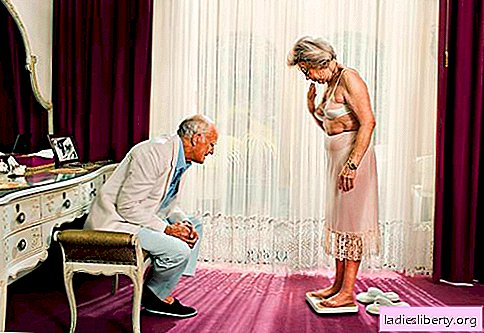
If adolescents regularly do not get enough sleep, they are at risk of increasing insulin resistance (low sensitivity) and are at risk of developing diabetes in the future - this is the conclusion made by American researchers.
Lead author of this study, Karen Matthews, professor of psychiatry at the University of Pittsburgh, and colleagues watched the sleep duration of 245 healthy students and their level of insulin resistance.
Study participants provided fasting blood tests, kept a sleep log, and wore an actigraph on their wrist - a device for measuring periods of activity - for one week during the school year. On average, the duration of sleep according to the actigraph was 6.4 hours during the week, and on school days, students slept much less than on weekends.
"A high level of insulin resistance can lead to the development of diabetes," the scientists warn in a statement. “We found that if a teenager who usually sleeps 6 hours a day gets one extra hour of sleep, his insulin resistance improves by 9 percent.”
The findings in Sleep magazine showed that shorter sleep times and higher insulin resistance are interconnected, and this does not depend on race, age, gender, waist circumference, or body mass index.
The American Academy of Sleep Medicine believes that most teens need to sleep a little more than 9 hours every night to ensure proper rest and prevent various diseases.











